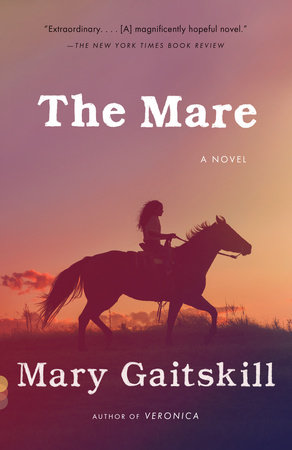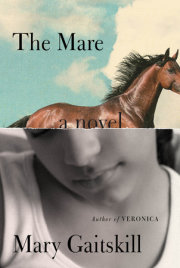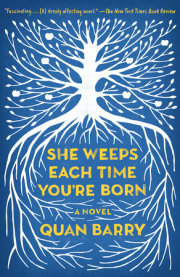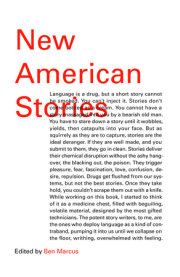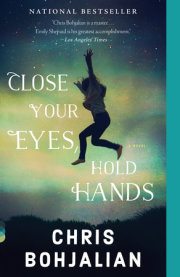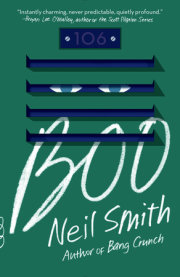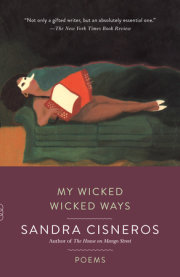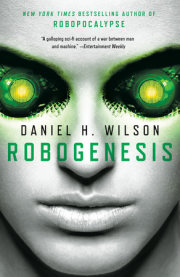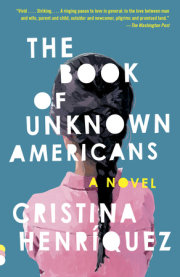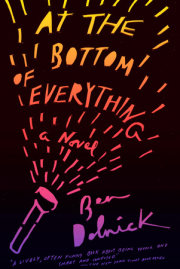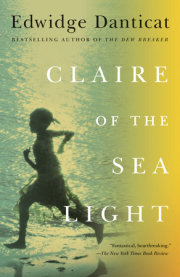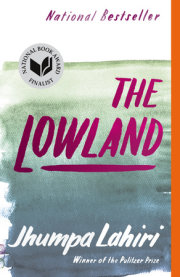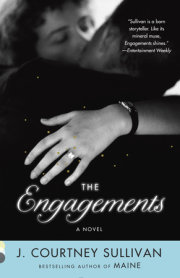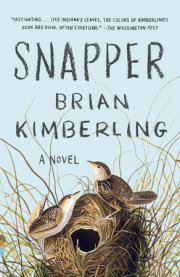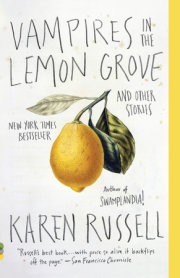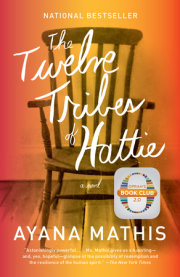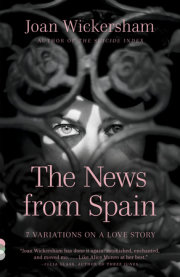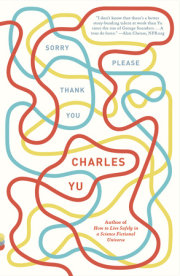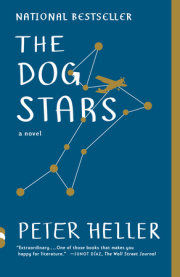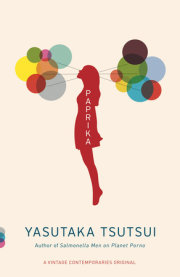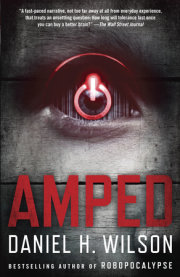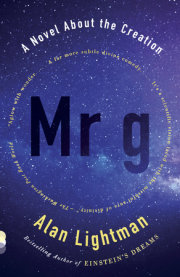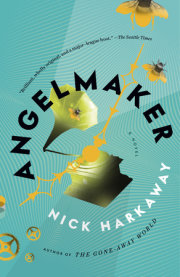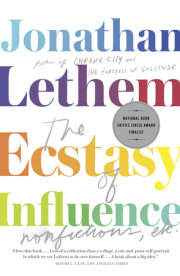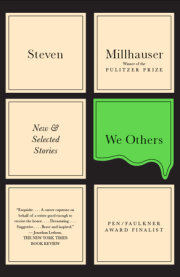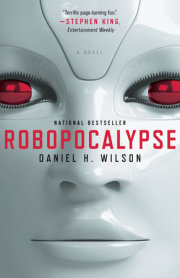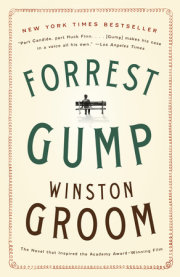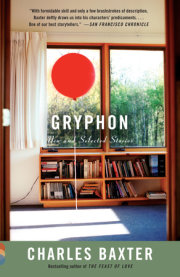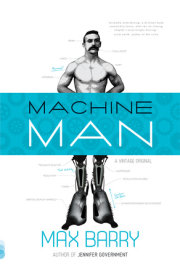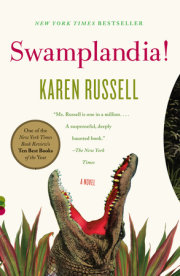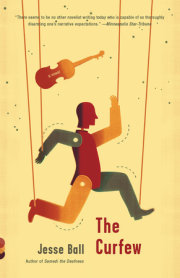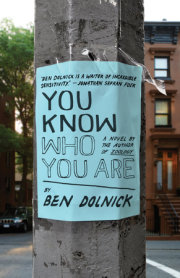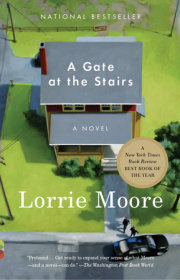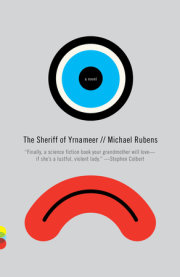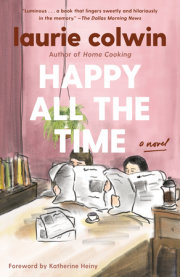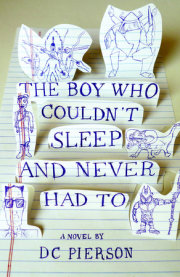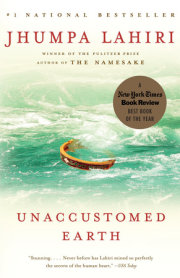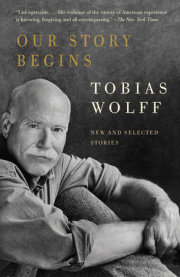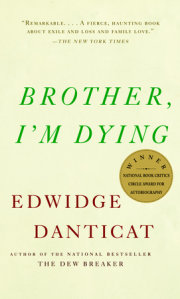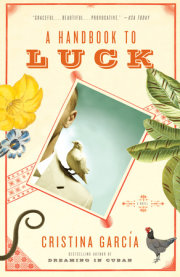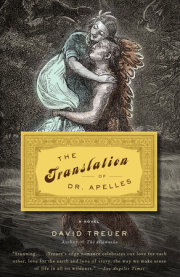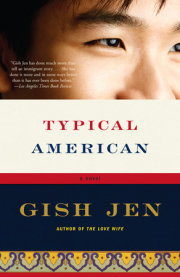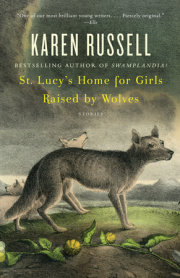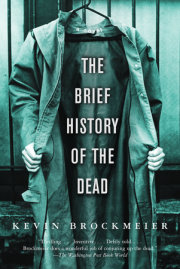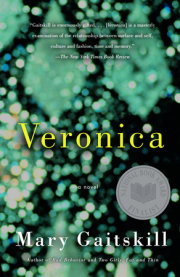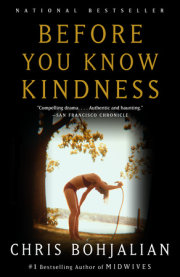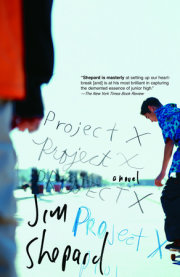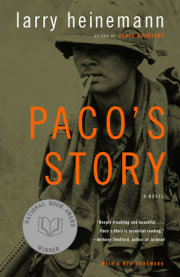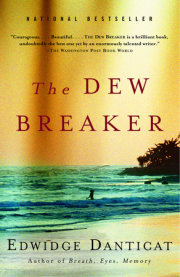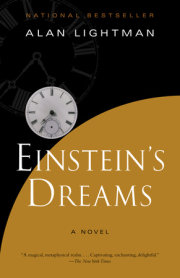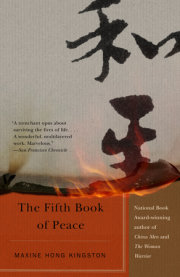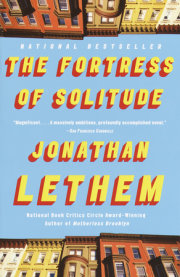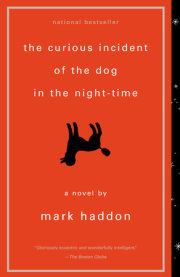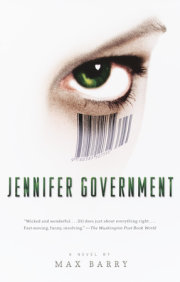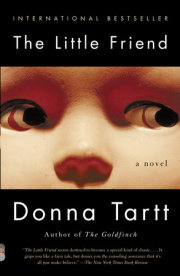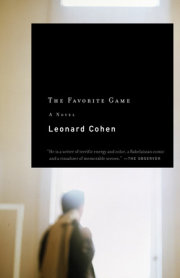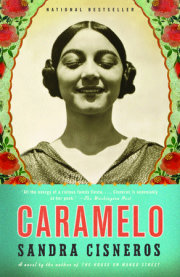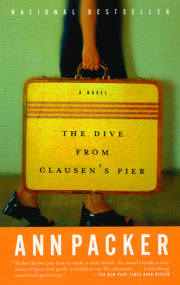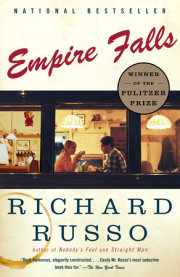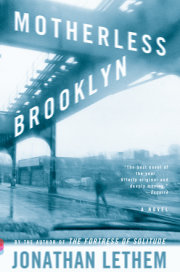Velvet That day I woke up from a dream the way I always woke up: pressed against my mom’s back, my face against her and her turned away. She holding Dante and he holding her, his head in her breasts, wrapped around each other like they’re falling down a hole. It was okay. I was a eleven-year-old
girl, and I didn’t need to have my face in my mama’s titty no more—that is, if I ever did. Dante, my little brother, was only six.
It was summer, and the air conditioner was up too high, dripping dirty water on the floor, outside the pan I put there to catch it. Too loud too, but still I heard a shot from outside or maybe a shout from my dream. I was dreaming about my grandfather from DR; he was lost in a dark place, like a castle with a lot of rooms and rich white people doing scary things in all of them, and my grandfather somewhere shouting my name. Or maybe it was a shot. I sat up and listened, but there wasn’t anything.
That day we had to get on a bus and go stay with rich white people for two weeks. We signed up to do this at Puerto Rican Family Services in Williamsburg, even though we’re Dominican and we just moved to Crown Heights. The social worker walked around in little high heels, squishing out of tight pants like she’s a model, but with her face frowning like a mask on Halloween.
My mom talked to her about how our new neighborhood was all bad “negritas,” no Spanish people. She told her how she had to work all day and sometimes at night, keeping a roof over our heads. She said it was going to be summer and I was too old for day care, and because I was stupid she couldn’t trust me to stay inside and not go around the block talking to men. She laughed when she said this, like me talking to men was so stupid it was funny. But I don’t go around talking to men, and I told the social worker that with my face.
Which made the social worker with her eyes and her mouth tell my mom she’s shit. Which made me hate the woman, even if my mom was lying about me. My mom acted like she didn’t see what the social worker said with her eyes and mouth, but I knew she did see—she saw like she always does. But she kept talking and smiling with her hard mouth until the social worker handed her a shiny booklet—she stopped then. I looked to see what had shut my mother up; it was pictures of white people on some grass hugging dark children. Mask-Face told us we could go stay with people like this for two weeks. “It sounds like hell,” whispered Dante, but Mask-Face didn’t hear. We could swim and ride bicycles, she said. We could learn about animals. I took the booklet out of my mother’s hands. It said something about love and having fun. There was a picture of a girl darker than me petting a sheep. There was a picture of a woman with big white legs sitting in a chair with a hat on and a plastic orange flower in her hand, looking like she was waiting for somebody to have fun with.
My mom doesn’t write, so I filled out the forms. Dante just sat there talking to himself, not caring about anything like always. I didn’t want him to come with me, bothering me while I was trying to ride a bicycle or something, so when they asked how he gets along with people, I wrote, “He hits.” They asked how he resolves conflict and I wrote, “He hits.” It was true, anyway. Then my mom asked if we could go to the same family so I could take care of Dante, and Mask-Face said no, it’s against the rules. I was glad, and then I felt sorry for saying something bad about Dante for nothing. My mom started to fight about it, and Mask-Face said again,
It’s against the rules. The way she said it was another way of saying “You’re shit,” and the smell of that shit was starting to fill up the room. I could feel Dante get small inside. He said, “I don’t want to go be with those people.” He said it so soft you could barely hear him, but my mother said, “Shut up, you ungrateful boy! You’re stupid!” The smell got stronger; it covered my mother’s head, and she scratched herself like she was trying to brush it off.
But she couldn’t and so when we left, she hit Dante on the head and called him stupid some more. Going to this place with bicycles and sheep had been turned into a punishment.
Still, I had hope that it would be fun. The lady I would stay with had called to talk to me and she sounded nice. Her voice was little, like she was scared. She said we were going to ride a Ferris wheel at the county fair and swim at the lake and see horses. She didn’t sound like the lady with the big legs, but that’s how I pictured her, with a plastic flower. I thought of that picture and that voice and I got excited.
I got up and went out into the hall and got into the closet where our coats were. I dug into the back and found my things I keep in the old cotton ball box. I took them out through our living room into the kitchen, where it was heavy-warm from all the hot days so far. I poured orange juice in my favorite glass with purple flowers on it. I took the juice and my box to the open window and leaned out on the ledge. It was so early there was nobody on the street except a raggedy man creeping against a building down below us, holding on to it with one hand like for balance. He was holding the wall where somebody had written “Cookie” in big red paint. That was because this boy called Cookie used to stand there a lot. He was called that because he ate big cookies all the time. We used to see him in Mr. Nelson’s store downstairs and we weren’t supposed to talk to him because he was from the project over on Troy Avenue. But I did talk to him and he was nice. Even if he told me once that even though he liked me, if somebody paid him enough, he’d kill me. He wouldn’t want to because I was gonna grow up fine, but he’d have to. He said it like he was making friends with me. We stood there talking for a while and then he broke off a piece of soft cookie and gave it to Dante. He said, “Stay fine, girl.” A little while later a cop killed him for nothing and his name got put on a wall.
I took my things out of the box and laid them out on the ledge. They looked nice together: a silver bell I got from a prize machine, a plastic orange sun I tore off a get-well card somebody gave my mom, a blond key-chain doll with only one leg wearing a checkered coat, a dried sea horse from DR that my grandfather sent me, and a blue shell my father gave me when I was a baby and he lived with us. My father gave me two shells, but I gave the brown-and-pink one to this girl Strawberry because her brother died.
I held the blue shell against my lip to feel how smooth it was. I looked up and saw the sun had put a gold outline on the building across from us. I looked down and saw the raggedy man stop against the wall, like he was trying to get the strength to breathe.
After Cookie got shot I heard these men talking about him at Mr. Nelson’s. I heard his name and this man said, “Suicide by cop.” I thought, What does that mean? so loud it was like they heard me because they got quiet. When we left, my mom whispered, “Gangbangers.”
On the street, the raggedy man stretched up against the wall, his arms and hands spread out like he was crying on the red-painted word. For a second, everything was hard and clear and pounding beautiful.
The last time I saw my father I was almost ten and Dante was four. We had to leave our old apartment in Williamsburg, and my mom was staying with a friend and trying to find a new place, so he came and took us to Philadelphia in the car with his friend Manuel. I remember blowing bubbles on the fire escape with his other kids from this woman Sophia; she had soft breasts pushed together in a green dress, and she made asopao with shrimp, and mango pudding. She never liked me, but her girls were nice. We slept in the same bed and told stories about a disgusting white guy in history who cut people up with a chain saw and danced around in their skins. And the littlest girl would rap Missy Elliott, like,
I heard the bitch got hit with three zebras and a monkey / I can’t stand the bitch no way. And it made me and Dante laugh, ’cause she’s so cute—she’s only three. There were dogs going in and out, and Dante was scared at first, then he loved them. It was fun, but on the way back in the car, my father took my emergency money out of my pocket to pay the tolls and didn’t give it back. Manuel was in the car and he made fun of me for being mad. Then he came to New York and started renting a room from us.
My father sends Dante a dollar in a card for his birthday sometimes. Never me.
I put down the shell and picked up the sea horse. I never met my grandfather, but he loved me. He talked to me on the phone and when I sent him my picture, he said I was beautiful. He called me “mi niña.” He told me stories about how bad my mom was when she was little, and how she got punished. He sent the sea horse. He said one day my mom would bring me and Dante to visit and he would take us to the ocean. I remember his voice: tired and rough but mad fun inside. I never saw him and I almost never talked to him on the phone, but when I did, it was like arms around me. Then his voice started getting more tired and the fun was far away in him. He said, “I’m always gonna be with you. Just think of me, I’m there.” It scared me. I wanted to say,
Grandpa, why are you talking like this? But I was too scared. “Even in your dreams,” he said. “I’m gonna be there.” I said, “Bendición, Abuelo,” and he answered, “Dios te bendiga.” A month later, he died.
I put my things back in the box. I looked down in the street. The raggedy man was gone. The gold outline on the building was gone too, spread out through the sky, making it shiny with invisible light. For some reason I thought of a TV commercial where a million butterflies burst out from some shampoo bottle or cereal box. I thought of Cookie’s face when he gave my brother a cookie. I thought of the big-legs lady in the booklet holding the fake orange flower, looking like she was hoping for someone to come have fun with her.
###
Copyright © 2015 by Mary Gaitskill. All rights reserved. No part of this excerpt may be reproduced or reprinted without permission in writing from the publisher.

